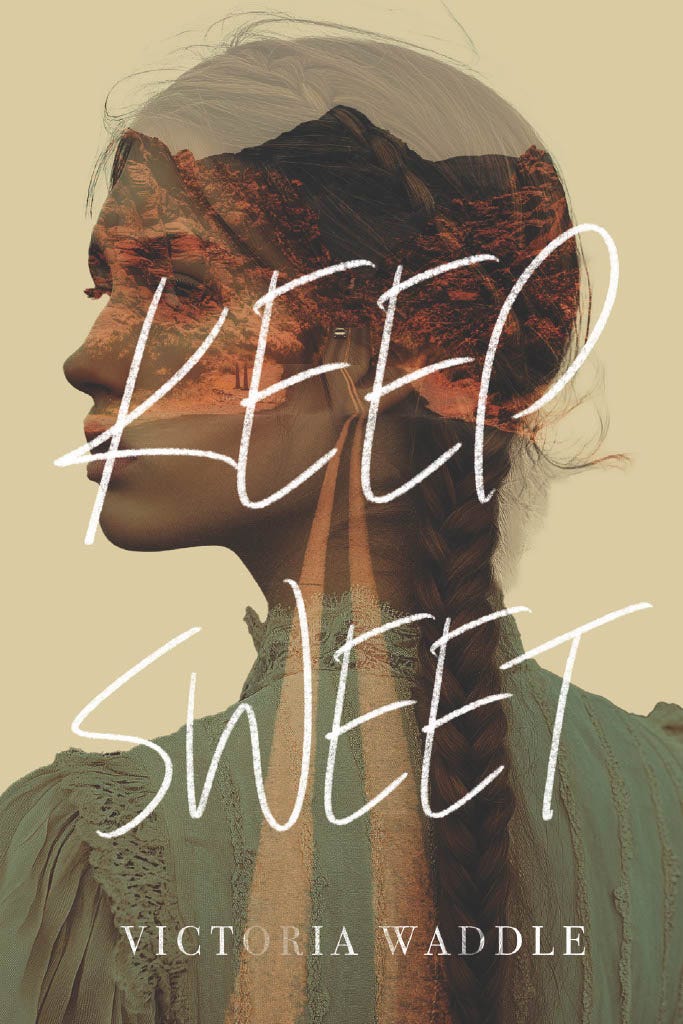Library and Book Ban News 6-27-2025
The benefits of libraries; laws against book bans; book bans
Hello Friends,
I know the world is in crazy turmoil. Before we get into the book ban news of the week, how about something positive on libraries?
The Good News
From Every Library
Another study from the New York Public Library (NYPL) further supports the notion that libraries enrich our lives. Patrons in the study described the library as a safe and calm space where they can relax, learn new things, and be themselves.
92% of respondents reported feeling calm and peaceful after visiting the library.
74% said library use helps them feel more equipped to cope with the world.
90% reported that the library increases their love of learning.
88% said their library use has supported their personal growth.
These numbers show how libraries support people’s well-being in ways we don’t always measure.
And here are a few hopeful things
Bills addressing guns, drugs, book bans pass Rhode Island General Assembly from 10 WJAR
The Freedom to Read Act was also given the go ahead.
It protects teachers and librarians from lawsuits and helps prevent book bans.
NHCS committee recommends lifting ban on "Stamped," raises issue of censorship from WHQR
Every voting member on the New Hanover County Schools curriculum committee recommended reinstating a banned book’s availability for curriculum use on Monday.
This article was originally published by Port City Daily here, and is being shared with permission.
The committee took up the issue of “Stamped: Racism, Antiracism and You,” a book outlining the “history of racist ideas” in America since 1415. The school board removed the book from an AP English class in August 2023, placing a temporary ban on it from curricula, though not school libraries.
The ban was supposed to last until the district could review its policies, which it did in September 2023, and select an alternative “balanced” book to teach alongside “Stamped,” which it has yet to do.
After the book came up among board members in March, Chair Melissa Mason, chair of the school board, mandated the curriculum committee review the book and make a recommendation before the decision heads to the full board. The curriculum committee is made up of teachers and district-level staff, along with three board members who do not vote.

Book Ban News
I’ve posted many articles about Little v. Llano County but this article is a nice and easy-to-understand overview.
Appeals Court Ruling Raises Bar for Challenging School Book Bans From Education Week
A federal appeals court ruling will make it more difficult for library patrons to challenge book removal decisions, with the decision involving a public library in Texas but likely applying to school libraries as well.
In its 10-7 decision on May 23, the full U.S. Court of Appeals for the 5th Circuit, in New Orleans, ruled that a library’s decision to remove books may not be challenged under the First Amendment based on library users’ right to receive information.
The decision would appear to apply equally to public libraries and school libraries in the three states in the 5th Circuit—Louisiana, Mississippi, and Texas. …
Notably, the court expressly overruled its own 1995 precedent that suggested students could challenge the removal of books in their schools.
The majority also rejected the U.S. Supreme Court’s 1982 decision in Board of Education, Island Trees Union Free School District v. Pico, which stemmed from a New York state school district’s 1976 removal of books from school libraries including Black Boy by Richard Wright, Soul On Ice by Eldridge Cleaver, and Go Ask Alice by an anonymous author.
Though Pico was a fractured decision lacking a majority opinion, most courts and legal experts believe it places at least some limitations on the authority of schools to remove challenged books, as Education Week explored in 2021 during the latest wave of book challenges.
‘Magic Tree House’ Author, ‘Calvin and Hobbes’ among hundreds of Tennessee book bans from PEN America
Magic Tree House author Mary Pope Osborne, children’s poet Shel Silverstein and Calvin and Hobbes cartoonist Bill Watterson have joined Judy Blume, Sarah J. Maas, Eric Carle and Kurt Vonnegut on a mind-boggling list of hundreds of books purged from some Tennessee school libraries.
Osborne is the author of the widely acclaimed and enormously popular Magic Tree House series, which sends siblings Jack and Annie time traveling to historical settings for various adventures. A book she wrote with her sister, Natalie Pope Broyce, called Ancient Greece and the Olympics, a Magic Tree House Fact Tracker meant to be a learning companion to Magic Tree House #16: Hour of the Olympics, is among a staggering 574 books purged from Monroe County’s school libraries. The book features a nude Greek statue on the cover. …
The results of this overcompliance are alarming. They include Monroe’s 574 titles, more than 100 titles taken off the shelves in Knox County, over 150 titles removed in Rutherford County, over 300 banned in Oak Ridge Schools and over 400 in Wilson County. And that’s not even every county in the state impacted.
The lists of banned books range from Silverstein’s A Light in the Attic, which includes some line drawings that depict bare bottoms, to books featuring LGBTQ+ youth like Two Boys Kissing by David Levithan to historical accounts like They Called Us Enemy by George Takei and Hidden Figures: The American Dream and the Untold Story of the Black Women Mathematicians Who Helped Win the Space Race, by Margot Lee Shetterly.
Oak Ridge Schools, where a significant number of the bans target art history books, even removed Richard Jolley: Sculptor of Glass, a collection of works by the artist, who graduated from Oak Ridge High School.
“Regarding the book written by Mr. Jolley, we were thrilled to feature a book written by an ORHS alumni on our shelves and were equally disappointed to have to remove it,” Molly Gallagher Smith, an Oak Ridge Schools spokeswoman, told WBIR. “Unfortunately, as an artist, Mr. Jolley’s book features depictions of the human body that are in direct violation of the law.” …
Among the most disturbing bans are books focused on the Holocaust. The Monroe County list includes more than a dozen titles, including Art Spiegelman’s Pulitzer Prize-winning graphic memoir Maus, The Hidden Children of the Holocaust by Ester Kustanowitz, which tells the stories of teens who hid from the Nazis, and Secret Holocaust Diaries: Nonna Bannister, which details the experiences of a Russian girl from a wealthy family who survived the German labor camps and lived out her life in Tennessee. The book explores how she “learned the value of human life and the importance of forgiveness,” but students there can no longer share in her lessons.
REPORT: The Censorship Acceleration - An Analysis of Book Ban Trends After 2020 from Every Library
Key Takeaways in the Report:
Book bans are increasingly motivated by powerful political and religious groups rather than by local parental concerns.
Censorship campaigns are closely connected to school privatization and efforts against diversity, equity, and inclusion (DEI).
Coordinated campaigns are nationalizing what were previously local conflicts within school boards.
Resistance is growing, particularly from student-led movements and states passing right-to-read legislation.
The future of libraries, education, and civil liberties is at a critical juncture and requires urgent advocacy.
Rockingham County school board removes more books from libraries from the Daily News-Record
Three books were up for a vote Monday night, and the school division’s content review committee recommended that all three be retained. Nevertheless, the board voted to remove two of them. The first book removed was “Smoke” by Ellen Hopkins, a sequel to her other book “Burned.” The books, which are written in verse, follow the story of a teenage girl on the run from her abusive past. The school board voted 4-1 to remove the book from county schools, with Jackie Lohr as the dissenting vote. The second book removed was “The Nowhere Girls” by Amy Reed. It follows three teenage girls who come together to avenge the rape of a classmate at their high school and explores issues of sexism and sexual assault. The board voted 4-1 to remove the book, and Lohr was again the dissenting vote. The school board voted 4-1 to retain “Valiant Ladies” by Melissa Grey, a young adult novel loosely based on the real-life story of “The Valiant Ladies of Potosi.” It is an adventure story dealing with corruption and crime with LGBTQ themes. School board member Hollie Cave voted to remove it.





Thanks for keeping us posted about the good news along with the bad.
I appreciate your willingness to research this information. I feel discouraged and overwhelmed daily and find myself turning away from all of the bad news!